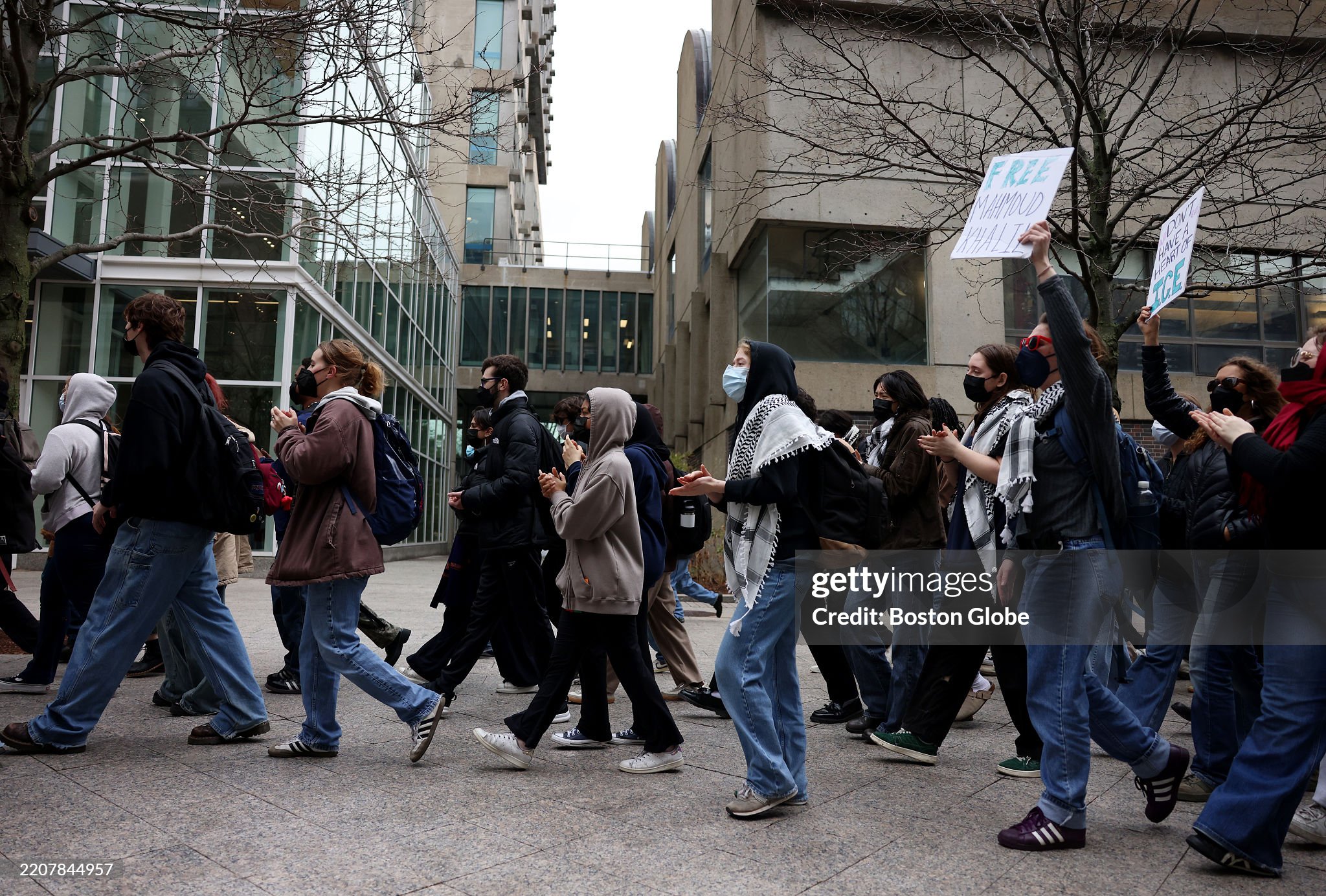By Felicia J. Persaud
NEWS AMERICA, NEW YORK, NY, A Caribbean immigrant student recently found herself in an unexpected and frightening situation – held for hours at Miami International Airport while trying to re-enter the U.S. on what she believed was a valid student visa.
Her only mistake? Trusting her university’s International Student Immigration/Visa Coordinator, who failed to inform her that her F-1 student visa had expired and that traveling under those circumstances could put her re-entry – and her academic future – in jeopardy.

After two nerve-wracking hours being questioned by several immigration officers at the airport, she was finally released and luckily for her, granted a waiver allowing her to remain in the U.S. until her semester concludes in May.But the warning was clear: she must leave the country at that time and re-apply for a new visa from her home nation’s U.S. consulate. Whether her visa will be renewed in time for her next semester is anyone’s guess.
This case is just one example of the increasingly hostile environment facing international students under the second Trump administration. Recently, we’ve seen a disturbing wave of actions:
• Student visas revoked.
• Dorm rooms raided.
• Green card holders arrested.
• International students threatened with deportation for joining peaceful campus protests.
All while the administration has slashed STEM research funding, undermining the very programs that bring international scholars to U.S. campuses in the first place. Now comes news that Trump is considering a new travel ban – one far broader than the seven-country ban from his first term. This one could target as many as 43 countries, according to an internal memo reported on by The New York Times.
The chilling effect is already being felt across campuses. Brown University recently urged all international students and residents to avoid international travel during the recent spring break. Columbia and Cornell have issued similar warnings, echoing guidance issued even before Trump was sworn back into office.
For many international students, the message is unmistakable: you are not welcome here. “This crackdown has a chilling effect,” said Stephen Yale-Loehr, a Cornell law professor and expert on immigration law. “As we saw in the first Trump administration, similar policies prompted a decline in the number of international students applying to U.S. colleges. It took the entire Biden administration just to recover from that decline.”
According to the National Science Foundation, Trump’s first travel ban in 2017 led to a 2.2 percent drop in international undergraduate applications and a 5.5 percent decline for graduate students. Those numbers only rebounded recently, with international enrollment finally beginning to surge in 2023, inching back toward pre-pandemic levels.
But that fragile recovery is now under threat – again. Beyond the human impact, there’s also a significant economic toll. International students are often full-paying students, contributing billions annually to U.S. universities and local economies. Their decline could financially destabilize many institutions – especially those already struggling post-pandemic.
What can be done? According to the law offices of Warner Norcross + Judd, the responsibility now falls on university administrators, visa coordinators, and department heads to be proactive. That means they must:
• Provide accurate and timely visa compliance information.
• Offer legal resources and emergency planning for students facing sudden status changes.
• Advocate for common-sense immigration policies through coalitions like ACE (American Council on Education), and NAFSA, (NAFSA: Association of International Educators).
Because here’s the truth: it should never have come to this. No student – especially one in legal status – should be detained or face deportation because of bureaucratic failure, political grandstanding, or a lack of accurate guidance. And no nation that claims to value education and innovation should be closing its doors to the world’s brightest minds.
EDITOR’S NOTE: Felicia J. Persaud is the publisher of NewsAmericasNow.com, a daily news outlet focused on positive news about Black immigrant communities from the Caribbean and Latin America.










